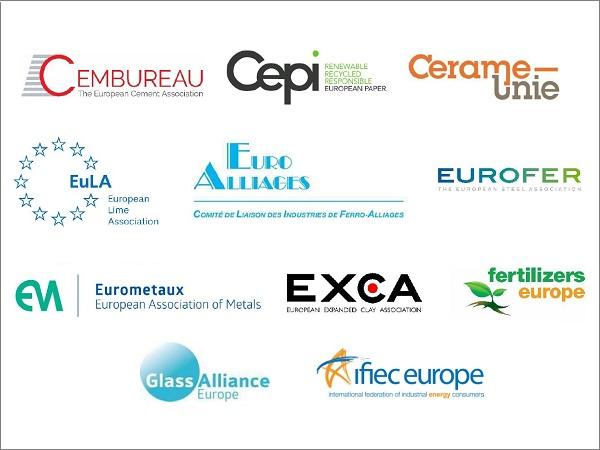
Date: 22 December 2021
Today’s period of unbearably high energy prices in Europe is already undermining the structural measures designed to secure affordable low-carbon energy, which is required to meet the objectives of the EU Green Deal.
The energy price crisis has hit most of the European countries. In recent months the energy prices have increased 4 to 5 times, reaching even higher levels over the last days. In parallel, carbon prices have tripled since the beginning of the year. The main reasons for this situation are the financial market speculation from financial players including hedge funds and commodity trading houses, the imbalances in the gas market, seasonally decreased renewable energy production, reduced nuclear energy production, coal mine closures and increased carbon costs passed on in electricity prices. It has consequently forced numerous industrial energy consumers to curtail and/or temporarily close plants.
The ongoing situation has severely impacted the competitiveness and profitability of energy-intensive sectors’ European operations as they are most exposed to dramatic price spikes. Energy costs constitute a high share of their production and activity costs. Therefore, a prolonged period of unbearably high energy prices could lead to severe losses, relocation of European companies and an increase of carbon leakage. Furthermore, the crisis endangers the future of carbon-free investments and jeopardises the existing low-carbon projects in Europe. Swift action is needed to secure the energy-intensive industries’ investments to meet the decarbonisation challenge. Should appropriate funding not be granted, decarbonisation may become an even bigger challenge.
There are many instruments available to EU leaders to address the current energy crisis. The energy-intensive industries call on national authorities to quickly exploit the full potential of the toolbox presented by the European Commission in October. Furthermore, urgent actions are necessary at EU level to enable affected companies to overcome this situation, which is expected to last several months more, and continue investing in energy transition in Europe. Finally, the current situation illustrates the need for a reform of the Emissions Trading System Directive that incorporates measures that ensure effective carbon leakage protection and that prevents sudden increase in EUAs prices that would adversely impact energy costs.
 600450
600450








I think many countries face the same problem. Due to fast paced innovation, the demand for energy is also increasing.
Frey